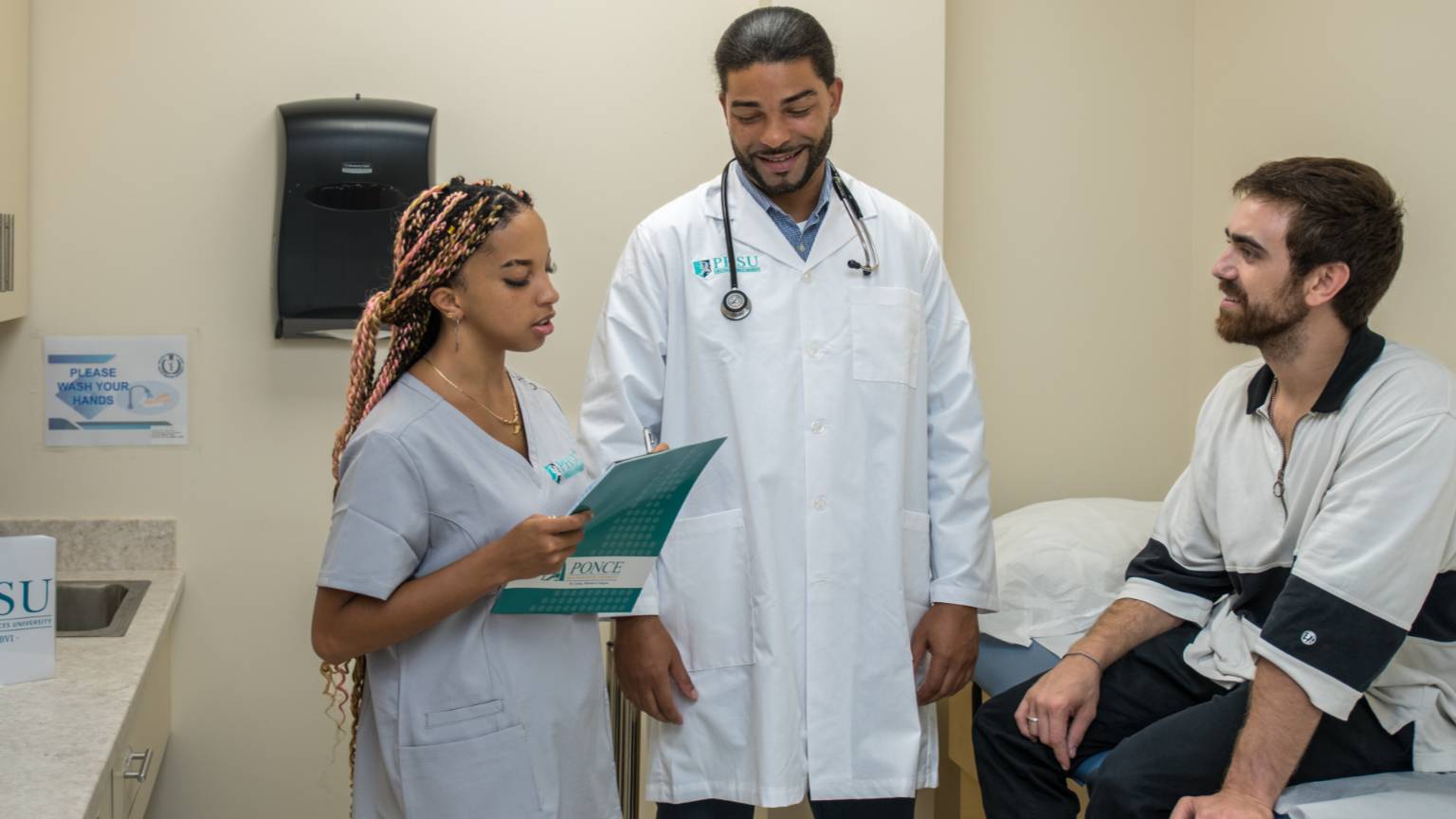Learning Environment

As a premier institution for healthcare education, professionalism, integrity, and mutual respect are the cornerstones of our academic culture. Our mission is to create a safe and empowering space that fosters academic excellence and personal growth. To this end, PHSU has established a zero-tolerance policy for mistreatment, harassment, or discrimination, ensuring that all members of our community can thrive without fear or prejudice. At Ponce Health Sciences University, PHSU, we are committed to cultivating a positive and inclusive learning environment where every individual is respected, valued, and supported.
Our Commitment to a Safe Learning Environment
PHSU is steadfast in upholding the following principles to promote a supportive and inclusive educational experience:
- Dignity and Respect: Celebrating diversity and ensuring all individuals are treated with dignity and respect.
- Open Communication: Encouraging dialogue to address concerns and foster understanding within our community.
- Accountability: Promptly investigating reports of mistreatment, harassment, or discrimination and taking appropriate actions.
- Resources and Support: Providing comprehensive support services for individuals who experience or witness inappropriate behavior.
Together, we can build a learning environment that fosters excellence, compassion, and professionalism in healthcare.
Mistreatment Policy
Mistreatment undermines the dignity, well-being, and educational experience of individuals. As defined by the Liaison Committee on Medical Education (LCME), mistreatment refers to any behavior that disrespects the dignity of others and disrupts the learning process, whether intentional or unintentional.
Examples of mistreatment include:
- Physical violence or abuse
- Threats of academic consequences based on gender, race, ethnicity, sexual orientation, religion, or refusal to comply with personal requests
- Verbal abuse, belittlement, or humiliation
- Offensive remarks targeting personal characteristics
- Unjust exclusion from learning opportunities
- Exploitation, such as requiring students to perform personal tasks
Actions that do not constitute mistreatment include:
- Participating in academic discussions or answering questions
- Being held accountable or expected to meet high standards
- Receiving constructive criticism or having actions corrected
These standards are aligned with the AAMC Student Mistreatment Experiences Classifications to ensure clarity and consistency.
Reporting Mistreatment and Concerns
Report Mistreatment
PHSU provides a Mistreatment Incident Report tool, enabling any member of the academic community to report incidents as a victim or bystander. Reports are handled with care to ensure confidentiality and appropriate action.
Mistreatment Reporting Process
All reports are reviewed promptly, and follow-up actions are taken in accordance with institutional policies to address concerns and prevent recurrence.
Submit Complaints or Concerns
Our 24/7 Reporting Portal allows students to submit concerns directly to the Student Affairs Division. Reports are routed to the appropriate office:
- Title IX Concerns: Directed to the Title IX Coordinator.
- Other Concerns: Handled by the Vice President of Student Affairs and designated officers.
Anonymous submissions are welcomed and processed in line with the Grievance Policy.